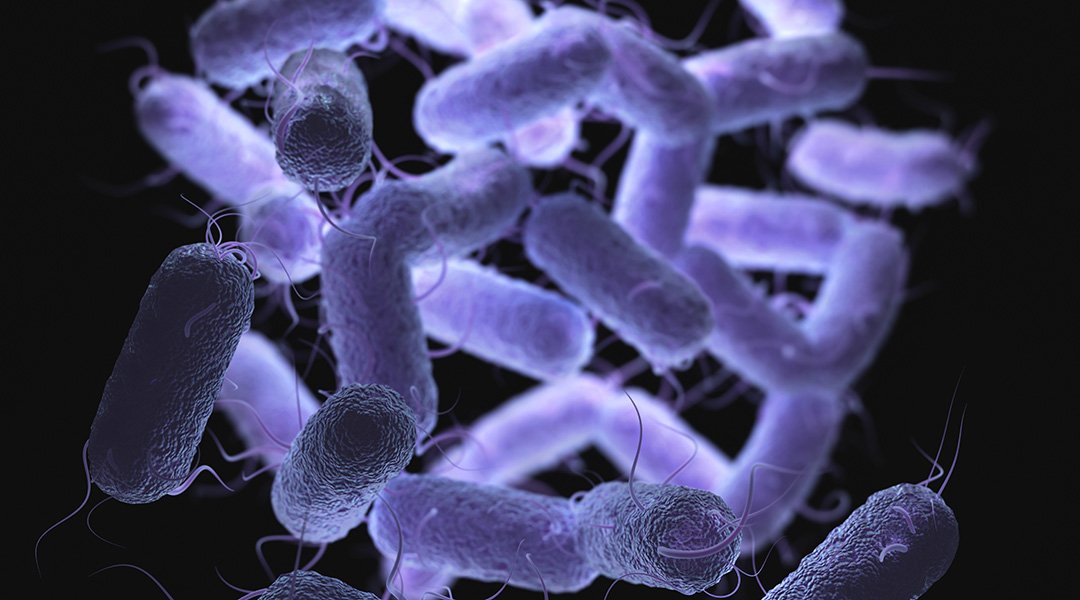ARI develops bug sniffer for pathogen detection
May 01, 2020 | Friday | News
The portable device can detect as low as ten bacterial cells from a sample size of one milliliter in just 30 minutes
Image credit- shutterstock.com
Researchers at the Agharkar Research Institute (ARI), Pune, an autonomous institute under the Department of Science & Technology, Govt. of India, have developed a sensitive and low-cost sensor to rapidly detect bacteria.
The portable device can detect as low as ten bacterial cells from a sample size of one milliliter in just 30 minutes. At present, they are working on a method for simultaneous separation and detection of Escherichia coli and Salmonella typhimurium.
Lead researcher Dr. Dhananjay Bodas and his team from ARI call it the ‘bug sniffer,’ which is a biosensor that uses synthetic peptides, magnetic nanoparticles, and quantum dots to detect the presence of bacteria, providing a cost- and time-effective way of screening water and foodborne pathogens.
The researchers also developed a chip comprising of microchannels made from copper wires and poly (dimethylsiloxane) The conventional techniques available for pathogen detection are less sensitive and cannot detect low cell numbers, besides being time-consuming and laborious whereas the ARI device, can detect pathogens with a limit of detection of 10 cells per 1 mL within 30 minutes.









